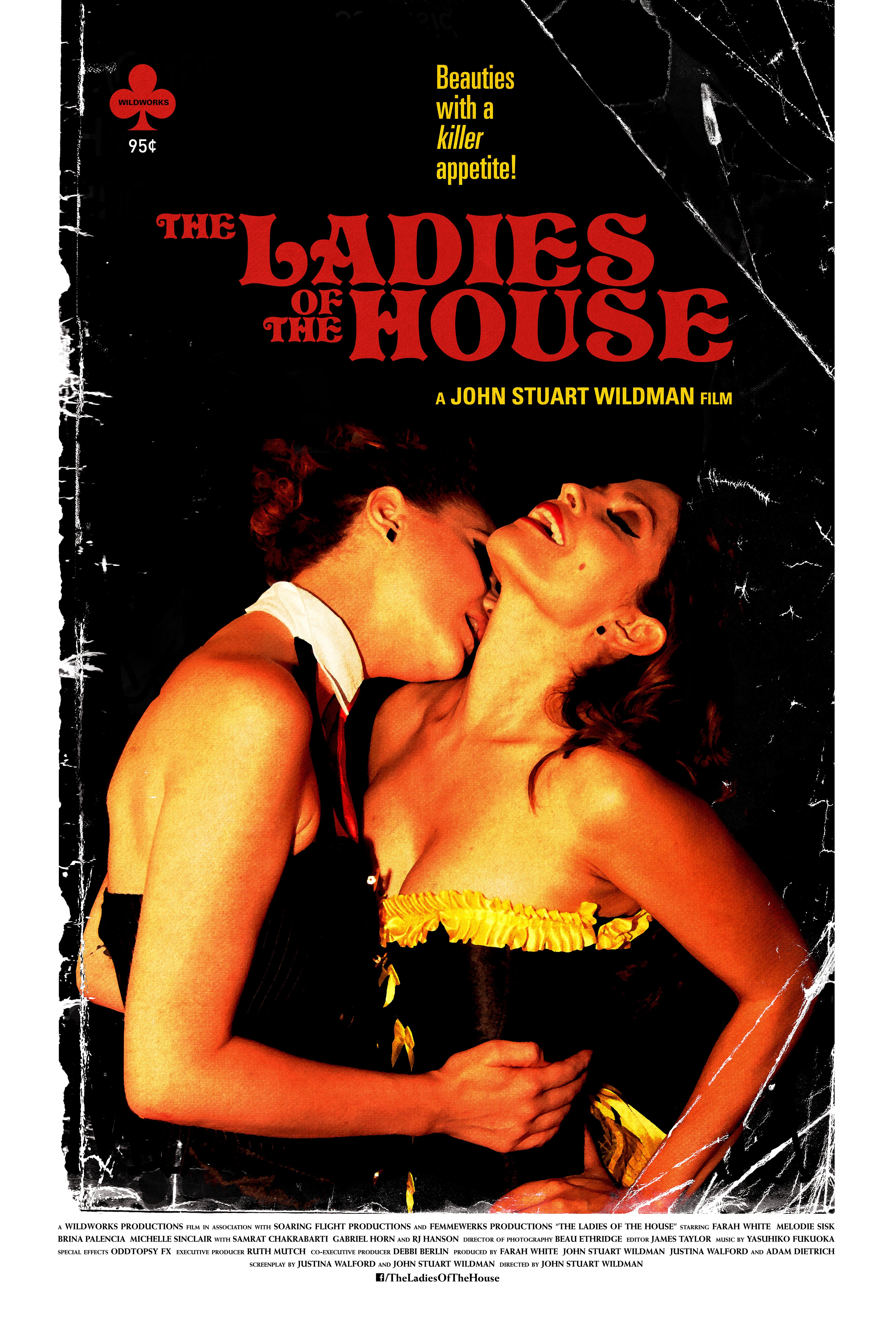It’s not often that one screens a documentary at a film festival which could end up threatening a sitting member of a presidential administration, but it’s happened. House Two director Michael Epstein has uncovered a new dimension to one of the Iraq War’s most controversial incidents, and yes, it may end up hurting the United States Secretary of Defense James Mattis. The 2005 attack on innocent civilians by a group of Marines in the Iraqi city of Haditha shocked the nation. Why did these men indiscriminately assassinate 24 men, women and children huddling in a single room of their own home? It is a given that in wartime, terrible things happen. Confusion, frustration, fear, rage, and most of all – insanity – can often overtake the intention of legally prosecuting a war as an invading force (albeit, this war was probably based on lies, but that’s a different discussion). But this particular case was too horrible to ignore. In the process of “securing” a civilian home during a late-night effort to root out insurgents, this family was wiped out in seconds despite having no weapons, committing no violence, and fearfully hiding in a bedroom.

Michael Epstein (HOUSE TWO)
So what happened? House Two focuses on the defense of Staff Sgt. Frank Wuterich, the ranking officer for the group of marines involved in the incident. The film spends time with Wuterich, his attorneys, the case, the witnesses, the evidence, and the facts surrounding the event. The sergeant hardly comes off as an innocent figure. At turns, he seems disaffected and more concerned with his own wellbeing than what happened in Haditha. Besides the questions and re-creations he has to partake in to get to the truth, we see his personal life fall apart. The audience can see a twitch in his eye at times. And it all feels very damning. There’s a strong sense that he’s hiding something. His story changes every now and then. And there’s not much expression of repentance. As in a just jury trial by one’s peers, the film is smart in keeping its distance and allowing for a forensic exploration of the facts. Regardless, one cannot help but think, Wuterich is guilty.
But then the second half of the film starts heating up. We meet the other marines who were there that night in Haditha. We hear their stories – some of which don’t add up. We see Wuterich’s own defense lawyers calling him out on his inconsistencies, not suggesting that he’s covering up his own culpability, but that he’s actually protecting someone else. Slowly, the case against the young sergeant starts falling apart and an uglier truth emerges: there’s a coverup happening. The audience won’t come away believing that Wuterich is an angel – it’s still not clear he feels badly about what happened – but there’s a pretty good chance he wasn’t the trigger man. Expert investigators are flabbergasted by the prosecution’s ignoring of very powerful evidence against other members of the team in the house that night. Men who should be prosecuted, caught openly lying, already have immunity sold in exchange for testimony implicating Wuterich. And guess what? One of the members of the murdered family survived that night. She was fully deposed, and you won’t believe how her evidence is mishandled.

HOUSE TWO
Viewers will walk away from House Two with a strong feeling that this entire case was a gross miscarriage of justice. Epstein is aware enough of the truth, yet maintains a neutral tone in the film so as to not overly influence his audience. The final impact? A recent article on the movie has made its way into the Pentagon, possibly prompting a review of the incident. And as it happens, the top officer who signed off on the coverup was none other than James Mattis, who oversaw the matter then, and is now the Secretary of Defense under President Donald Trump. It’s a credit to the filmmakers that by avoiding too prejudicial a viewpoint, the experience of the film allows for a “fair trial” with the audience as jury. Where many documentaries “take a side,” House Two is allied only to the truth. See it for yourself, it is not only riveting, but likely due to be an important part of the still-unwritten history of the Iraq War.








READER COMMENTS